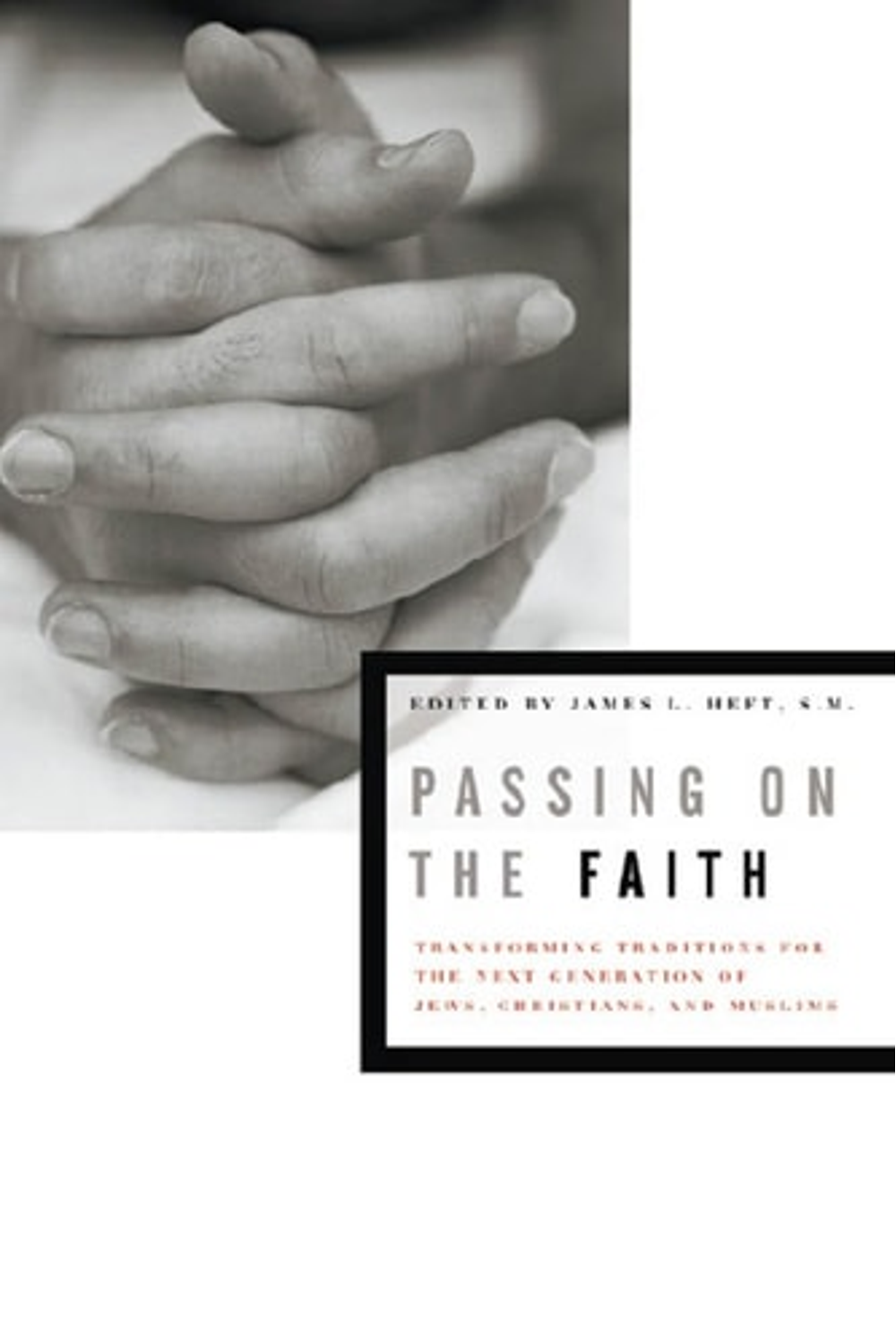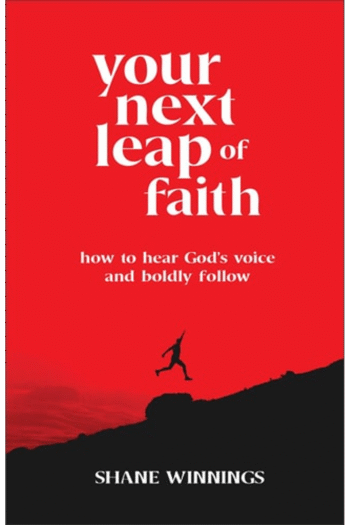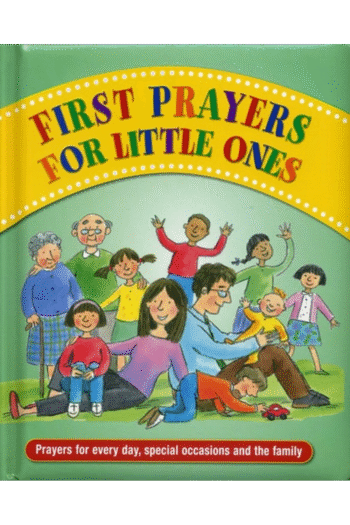Passing on the Faith: Transforming Traditions for the Next Generation of Jews, Christians, and Muslims (Abrahamic Dialogues), edited by James L. Heft, explores the vital question of how Judaism, Christianity, and Islam are adapting to transmit their religious heritage to younger generations in a rapidly changing world. This thought-provoking collection of essays, stemming from interfaith dialogue, addresses the challenges posed by secularism, technology, and evolving cultural norms. Discover innovative approaches from synagogues, churches, and mosques actively engaging young people and fostering a deeper connection to their faith. Through insightful analysis and real-world examples, this book offers practical strategies and a hopeful vision for the future of faith. It’s a must-read for religious leaders, educators, parents, and anyone concerned about the transmission of values across generations. Paperback edition, published by Fordham University Press.
Passing on the Faith: Transforming Traditions for the Next Generation of Jews, Christians, and Muslims (Abrahamic Dialogues)
19,40 $
In stock
From the beginning, the Abrahamic faithsJudaism, Christianity, and Islamhave stressed the importance of transmitting religious identity from one generation to the next. Today, that sustaining mission has never been more challenged. Will young people have a faith to guide them? How can faith traditions anchor religious attachments in this secular, skeptical culture?
The fruit of a historic gathering of scholars and religious leaders across three faiths and many disciplines, this important book reports on the religious lives of young people in todays world. Its also a unique inventory of creative and thoughtful responses from churches, synagogues, and mosques working to keep religion a significant force in those lives.
The essays are grouped thematically. Opening the book, Melchor Sanchez de Toca and Nancy Ammerman explore fundamental issues that have an impact on religionfrom the cultural effects of global consumerism and personal technology to pluralism and individualism.
In Part Two, leading investigators present three leading studies of religiosity among young people and college students in the United States, illuminating the gap between personal values and organized religionand the emergence of new, different forms of spirituality and faith.
How religious institutions deal with these challenges forms the heart of the bookin portraits of best practices developed to revitalize traditional institutions, from a synagogue in New York City and a Muslim youth camp in California to the famed French Catholic community of the late Brother John of Taiz. Finally, Jack Miles and Diane Winston weave the findings into a broader perspective of the future of religious belief, practice, and feeling in a changing world.
Filled with real-world wisdom, Passing the Faith will be an essential resource for anyone seeking to understand what religions must, and can, do to inspire a vigorous faith in the next generation.
| Authors | |
|---|---|
| Binding | |
| Condition | |
| ISBN-10 | 0823226484 |
| ISBN-13 | 9780823226481 |
| Language | |
| Pages | 334 |
| Publisher | |
| Year published | |
| Weight | 435 |
| Edition | 1 |
| Dewey decimal | 207/.5 |
Related products
Your Next Leap of Faith
22,78 $My Very First Nativity Story
15,08 $
- Additional information
- Currencies
- USD – United States dollar
- EUR – Euro
- GBP – Pound sterling
- CNY – Chinese yuan
- BRL – Brazilian real
- MXN – Mexican peso
- JPY – Japanese yen
- PHP – Philippine peso
- THB – Thai baht
- PLN – Polish złoty
- CAD – Canadian dollar
- MYR – Malaysian ringgit
- AUD – Australian dollar
- TWD – New Taiwan dollar
- CZK – Czech koruna
- SEK – Swedish krona
- HUF – Hungarian forint
- ILS – Israeli new shekel
- CHF – Swiss franc
- HKD – Hong Kong dollar
- DKK – Danish krone
- SGD – Singapore dollar
- NOK – Norwegian krone
- NZD – New Zealand dollar





